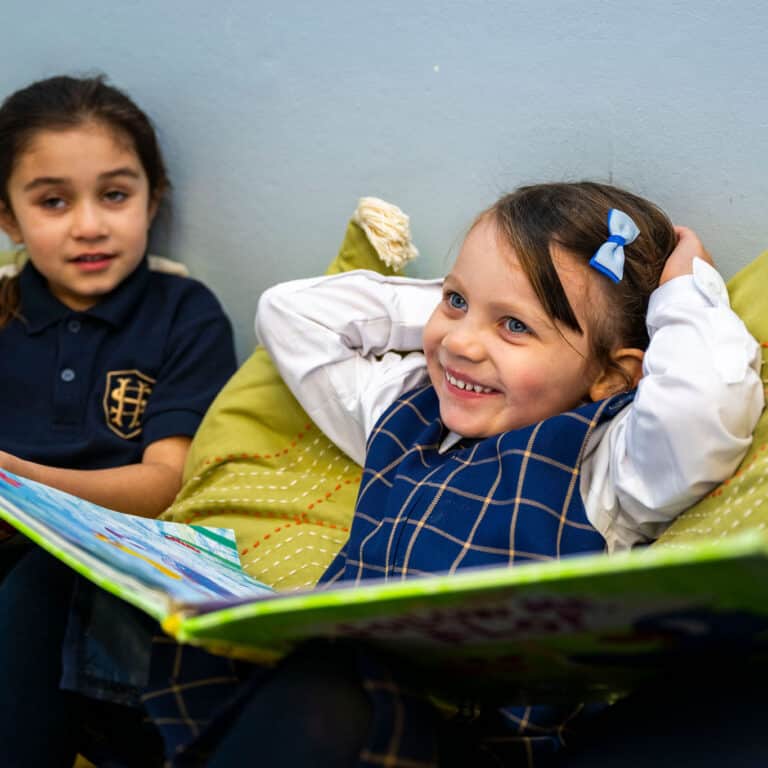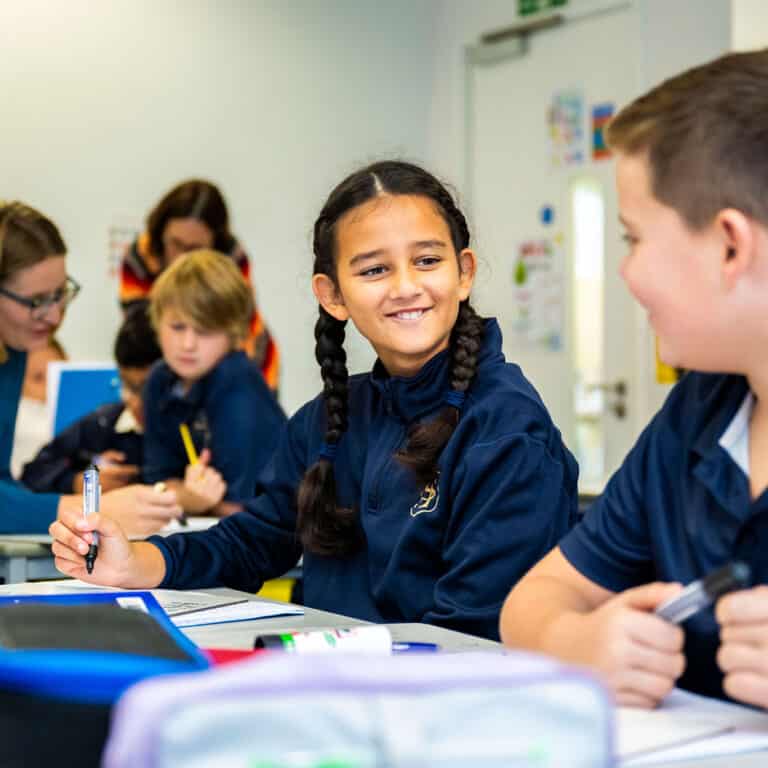Pupils should know:
- that families are important for children growing up because they can give love, security and stability
- the characteristics of healthy family life, commitment to each other, including in times of difficulty, protection and care for children and other family members, the importance of spending time together and sharing each other’s lives
- that others’ families, either in school or in the wider world, sometimes look different from their family, but that they should respect those differences and know that other children’s families are also characterised by love and care
- that stable, caring relationships, which may be of different types, are at the heart of happy families, and are important for children’s security as they grow up
- that marriage represents a formal and legally recognised commitment of two people to each other which is intended to be lifelong
- how to recognise if family relationships are making them feel unhappy or unsafe, and how to seek help or advice from others if needed
|
Pupils should know:
- how important friendships are in making us feel happy and secure, and how people choose and make friends
- the characteristics of friendships, including mutual respect, truthfulness, trustworthiness, loyalty, kindness, generosity, trust, sharing interests and experiences and support with problems and difficulties
- that healthy friendships are positive and welcoming towards others, and do not make others feel lonely or excluded
- that most friendships have ups and downs, and that these can often be worked through so that the friendship is repaired or even strengthened, and that resorting to violence is never right
- how to recognise who to trust and who not to trust, how to judge when a friendship is making them feel unhappy or uncomfortable, managing conflict, how to manage these situations and how to seek help or advice from others, if needed
|
Pupils should know:
- the importance of respecting others, even when they are very different from them (for example, physically, in character, personality or backgrounds), or make different choices or have different preferences or beliefs
- practical steps they can take in a range of different contexts to improve or support respectful relationships
- the conventions of courtesy and manners
- the importance of self-respect and how this links to their own happiness
- that in school and in wider society they can expect to be treated with respect by others, and that in turn they should show due respect to others, including those in positions of authority
- about different types of bullying (including cyberbullying), the impact of bullying, responsibilities of bystanders (primarily reporting bullying to an adult) and how to get help
- what a stereotype is, and how stereotypes can be unfair, negative or destructive
- the importance of permission-seeking and giving in relationships with friends, peers and adults
|
Pupils should know:
- that people sometimes behave differently online, including by pretending to be someone they are not
- that the same principles apply to online relationships as to face-to-face relationships, including the importance of respect for others online including when we are anonymous
- the rules and principles for keeping safe online, how to recognise risks, harmful content and contact, and how to report them
- how to critically consider their online friendships and sources of information including awareness of the risks associated with people they have never met
- how information and data is shared and used online
|
Pupils should know:
- what sorts of boundaries are appropriate in friendships with peers and others (including in a digital context)
- about the concept of privacy and the implications of it for both children and adults; including that it is not always right to keep secrets if they relate to being safe
- that each person’s body belongs to them, and the differences between appropriate and inappropriate or unsafe physical, and other, contact
- how to respond safely and appropriately to adults they may encounter (in all contexts, including online) whom they do not know
- how to recognise and report feelings of being unsafe or feeling bad about any adult
- how to ask for advice or help for themselves or others, and to keep trying until they are heard,
- how to report concerns or abuse, and the vocabulary and confidence needed to do so
- where to get advice, for example family, school or other sources
|



